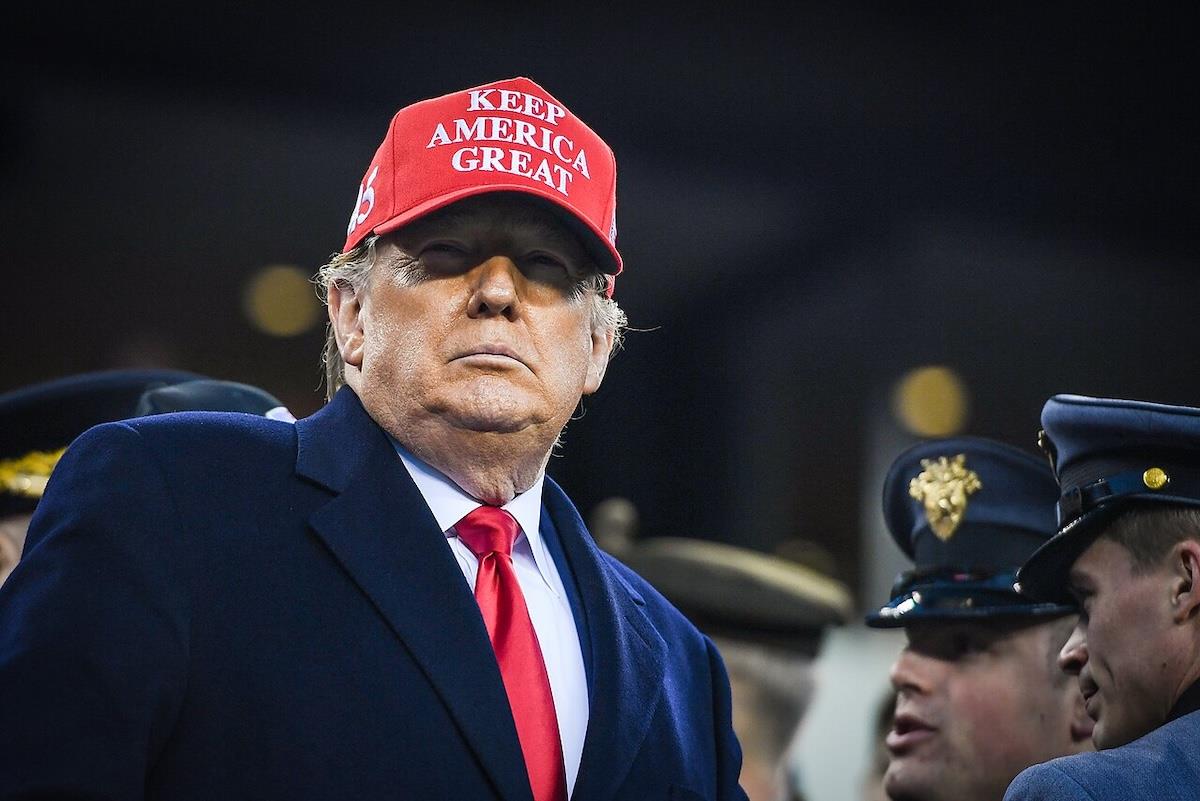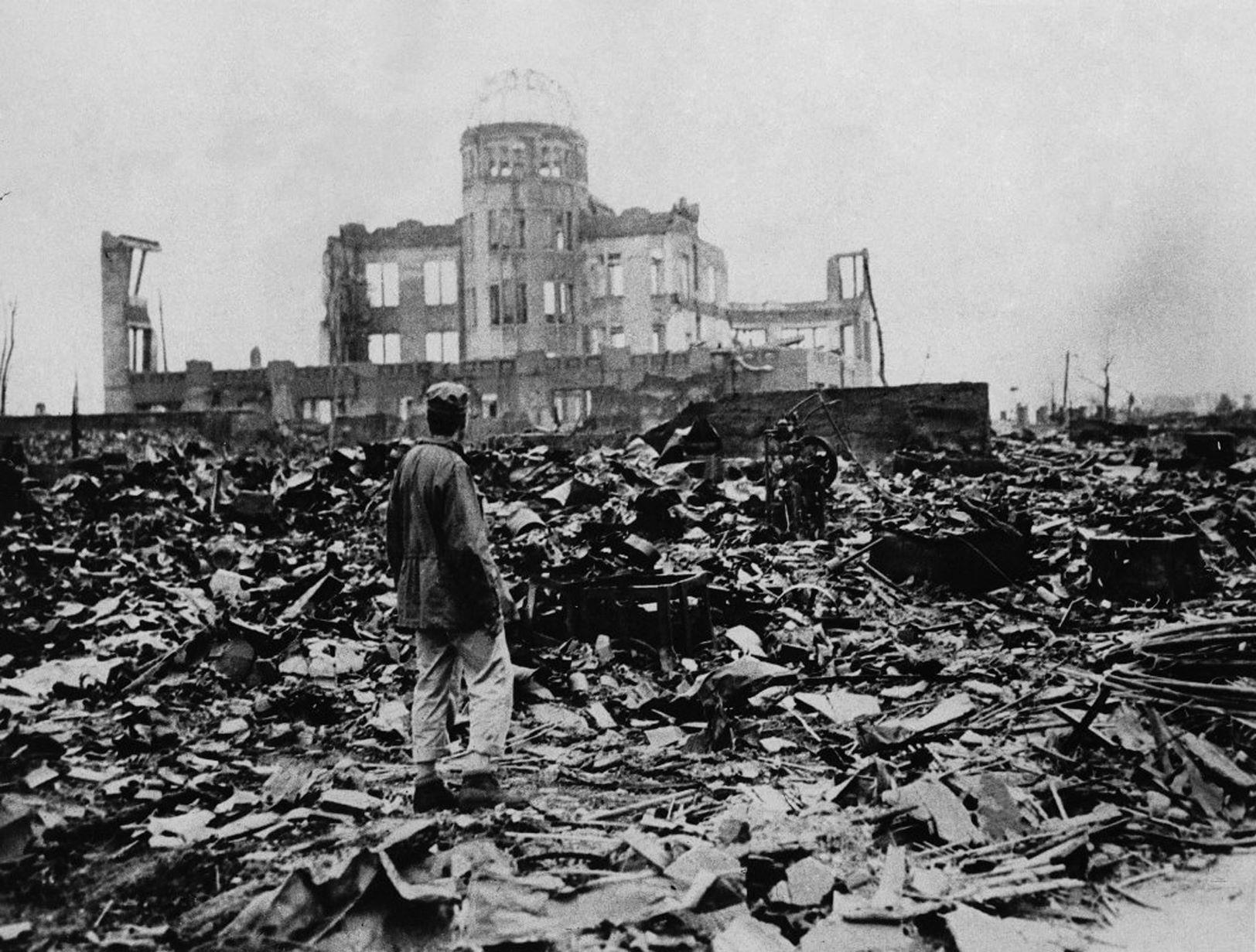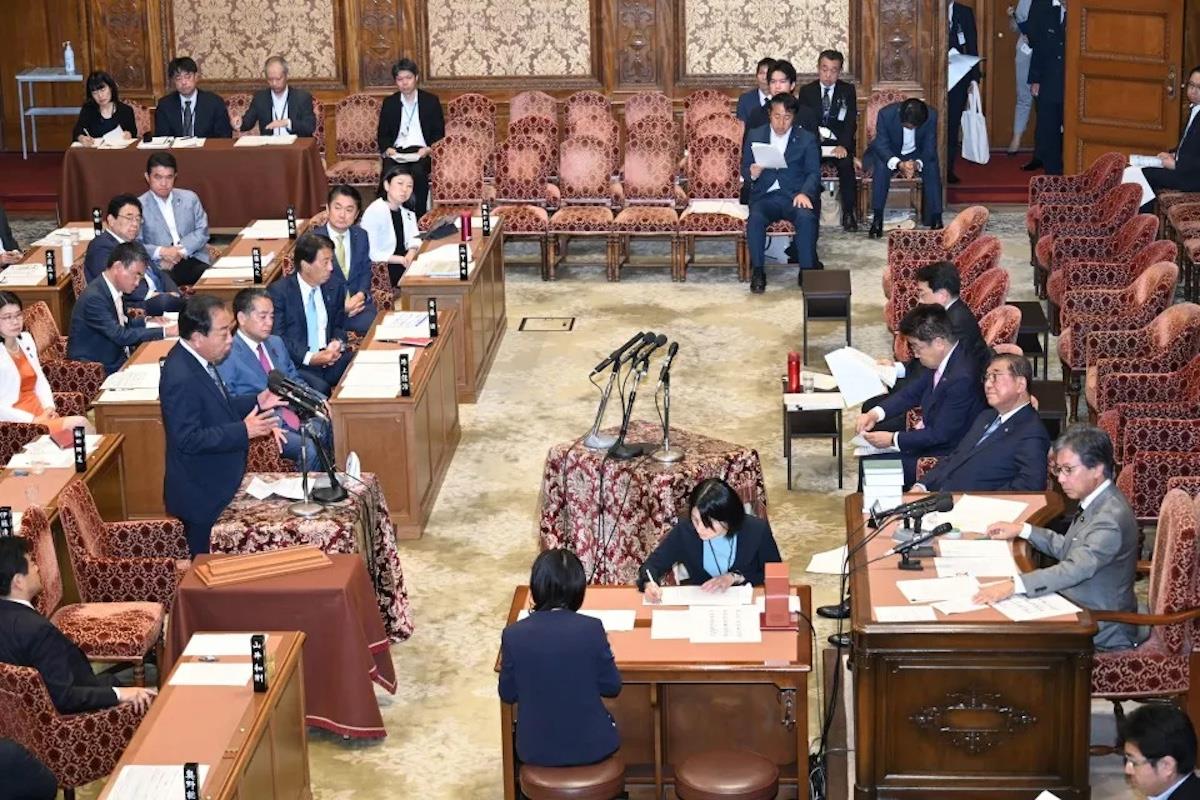
Trump's Trade War An Exercise In Mutually Assured Global Destruction
Of course, the US president is trying to conjure all his weapons of mass distraction to push reports of his ties to the disgraced sex offender out of the headlines. For Trump, though, fast-mounting evidence that his one-man tariff arms race is backfiring at home could be more politically dangerous.
The US added just 73,000 new jobs in July. There were also seismic revisions to the previous two months, indicating that the globe's biggest economy is weaker than official figures suggested.
“Not only was this a much weaker than forecast payrolls number, the monster downward revisions to the past two months inflicts a major blow to the picture of labor market robustness,” says Seema Shah, chief strategist with Principal Asset Management.“What's more concerning is that with the negative impact of tariffs only just starting to be felt, the coming months are likely to see even clearer evidence of a labor market slowdown.”
The about-face in perceptions of US economic invulnerability puts the US Federal Reserve in a new tough spot. Trump has been banging the table for rate cuts and ratcheting up threats to fire Fed Chair Jerome Powell.
News that payrolls averaged just 35,000 over the last three months - the weakest pace of job growth since the pandemic in 2020 - appears to have Trump in panic mode. So much so that on Friday (August 1), just hours after the jobs numbers were released, he fired the head of the statistical agency that tabulates the data.
Yet it's the mirror that Trump should be looking at. The effects of Trump's massive tariffs on hundreds of countries - including 30% on China - are already boomeranging back on America. They're adversely affecting other major economies, too, as the global trade order enters a new chaotic era.
Look no further than China's official manufacturing purchasing managers' index (PMI), which remained below the 50 mark in July, denoting contraction . That 49.3 reading comes as Asia's biggest economy battles unrelenting deflationary pressures.
China's“PMI slowdown points to a weak start to the third quarter,” says Carlos Casanova, economist at Union Bancaire Privée.“This marks the fourth consecutive month of contraction, driven by declining export orders and weak domestic demand.”
Casanova notes that Chinese and inflation data out later this week will provide the first official insight into the pace of economic slowdown in the July-September period. Generally speaking, he notes,“deflationary pressures are expected to continue, reflecting sluggish domestic demand.”
China's consumer price index, out Saturday, has remained near zero throughout 2025 and“could dip into negative territory in July, influenced by seasonal factors and weakening real estate activity indicators,” Casanova says.

Legal Disclaimer:
MENAFN provides the
information “as is” without warranty of any kind. We do not accept
any responsibility or liability for the accuracy, content, images,
videos, licenses, completeness, legality, or reliability of the information
contained in this article. If you have any complaints or copyright
issues related to this article, kindly contact the provider above.
Most popular stories
Market Research

- Moonx: The Leading Crypto Trading Platform With X1000 Leverage And Unlimited Meme Coin Access
- T-REX Launches Intelligence Layer To Fix Web3's Value Distribution Problem
- Yield Basis Nears Mainnet Launch As Curve DAO Votes On Crvusd Proposal
- Bydfi Highlights 'BUIDL' Ethos During Newcastle United Match Against Arsenal
- Alt.Town Introduces $TOWN Token Utility Across Platform Services And Launches Valuefi Deposit Event
- Dexari Unveils $1M Cash Prize Trading Competition





















Comments
No comment